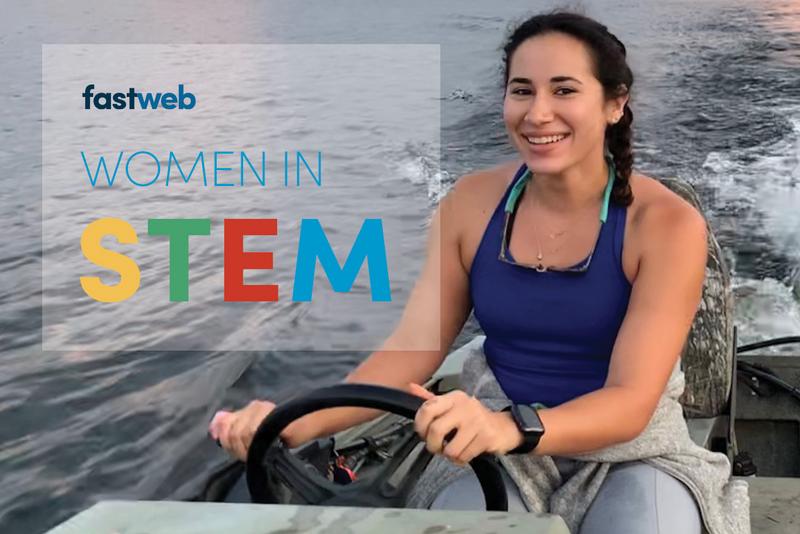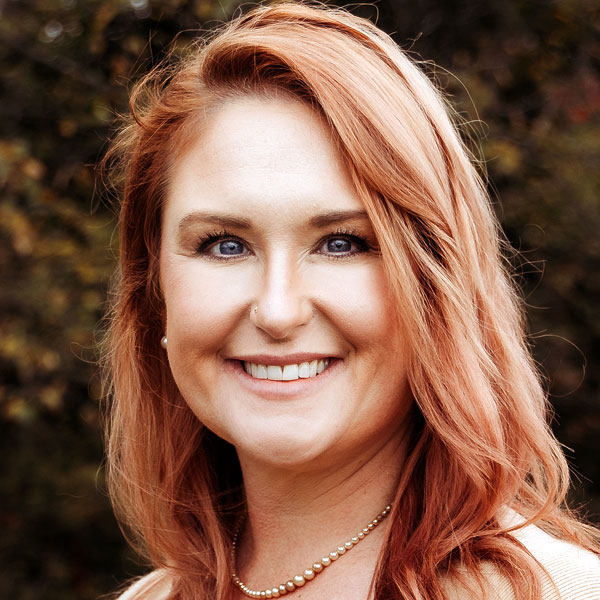Cast your anxieties aside; Ophidiophobia (fear of snakes) and Herpetophobia (fear of reptiles) have no place in this fierce female’s story! We’re thrilled at the happenstance of our next Women in STEM feature.
Here’s why: Laura Kojima is a Latina scientist. Beginning September 15 through October 15, the U.S. will be celebrating National Hispanic Heritage month. It’s the perfect time to highlight scientific work and to share her strong female character. Laura, a wildlife conservation biologist is currently working on her graduate degree at the University of Georgia. She should absolutely be considered a heroine to Hispanic-American students. Especially the female youth aspiring to a college education and future STEM career.
We’re going to jump right in here: People eat gator, or more commonly referred to as alligator. It’s not an uncommon dish to see on local menus in the American southeast. If you have not had alligator, it DOES taste a lot like chicken. Food and Wine supports this comparison in a chef-inspired article. Currently Laura’s research relates to people eating gator and the levels of mercury within their systems. Mercury poisoning is a real thing. She’s combining her Herpetofauna passion with her scientific mind to ensure safety and balance within our, the homo sapiens, ecosystem.
Female professionals, in particular women of color, are historically underrepresented in the science, technology, engineering, and mathematical fields. A 2018 Pew Research Center study found that only 6% of Hispanic employed adults make up the U.S. STEM workforce. Laura, similar to the other females in our Women in STEM series, is an outlier working to shatter this glum statistic.
When did your interest in STEM begin?
My interest in STEM started at a young age with a general passion for animal science. I came from a low-income household and did not have much outdoor exposure to the natural world until high school and college; my interest in STEM was definitely a product of self-exposure.
Shows like Zoboomafoo on PBS and The Crocodile Hunter really sparked my passion for wildlife. However, I never knew there was an opportunity to pursue a career with animals outside of veterinary sciences or zoo caretaking. So, I stuck with the idea of pursuing a vet degree with an occasional off and on career change. It was not until I transferred from community college to University of California-Davis that I was 100% certain I wanted to pursue a career in STEM in conservation-based research.
Please share your educational background.
I have my Bachelor of Science in Wildlife and Conservation biology from UC-Davis. I am currently pursuing a Master of Science in Conservation Ecology and Sustainable Development at the University of Georgia.
Are there any other scholarships you earned or applied for throughout your undergraduate and graduate educational journeys? How did these/this help you?
I did receive financial assistance during undergrad, but in an unconventional manner. My dad is a Navy veteran and we are from California where he enlisted. The state of California grants dependents of veterans who enlisted in California a “Cal Vet Fee Waiver.” Which, as titled, is a tuition-fee waiver for any in-state public university or college as long as the veteran meets certain requirements.
The waiver covered the cost of my tuition throughout my undergraduate career which was so helpful; I feel so fortunate to not have had to worry about the financial burden that often comes with getting a college degree. As for my Master’s, my research project is grant funded—this covers about 95% of my tuition and fees.
Tell me about you past experiences with Fastweb.com. Why should students be using Fastweb?
Fastweb is so awesome for budgeting your college experience. I wish I looked more into scholarships during my time as an undergrad student. I highly encourage anyone in higher education to apply for scholarships, especially through Fastweb. It is easy to use and super practical for deciding where to go to college.
My favorite part of the website is the list of the different colleges and universities by state. This part of the website will breakdown tuition costs and list different scholarships per university. I’d recommend Fastweb to any student due to its accessibility and resourcefulness!
Please tell me about any higher education obstacles you may have faced.
The number one obstacle for me in higher education is the lack of representation. I must preface that I am very fortunate that I had phenomenal professors in my department in undergrad who were welcoming, un-biased, and super helpful with guiding me to advance my career. All these amazing people, however, were white men.
I had one female professor during my time as an undergraduate student, and she was also white. These people deserve all their accomplishments and more, I would never want to downplay that. The reality is, it’s intimidating being part of a completely new field of study without having the option to have a mentor that comes from a similar background as you. There definitely needs to be some work done to fix that!
Besides being a leading female scientist, what’s something else about you’d like for people to know about you?
I am really interested in reptiles and amphibians, and I am really passionate about desensitizing people to this stigma that they are gross or scary, especially when it comes to snakes. I offer free snake removal services in my neighborhood and more times than not the person tells me they would have killed the snake if I was not available to relocate it.
I try to explain and educate the value of snakes when in circumstances like that and hope that seeing me handle non-venomous snakes without being bitten shows that these animals are not a threat at all.
Did you have any internships as an undergraduate and/or graduate student? What did you learn from them?
I had a few veterinary internships my first year at UC-Davis, one which I worked with an exotic-animal veterinarian. This is when I discovered my passion for reptiles and amphibians. Eventually, I decided to focus on the research side and had an internship working with Western Pond Turtles in the lab of Dr. Brian Todd - my university’s herpetology lab.
I worked with a Ph.D. student looking at the physiological consequences of rising water salinity on this turtle species; this project resulted in my first publication too! The project taught me so many valuable skills in the field of conservation biology. I had a balance of field work, animal husbandry, and lab work when I processed our biological samples. It was the perfect gateway for developing my research interests and how I wanted to be involved in science.
Never be too shy to put yourself out there. Learning to network is such a crucial skill that will get you far in life. If there is an opportunity you are interested in pursuing, go for it. If there is a professor whose research interests you, let them know. You will be surprised at the opportunities that arise when you put yourself out there!
What would you tell your high-school self as you were preparing to go to college?
Apply for scholarships! Even though I did not have to worry about tuition, I regret not being more proactive about applying for scholarships to supplement other costs such as housing and textbooks.
What are three, grad-student tips?
- Imposter syndrome will happen, but it is temporary. You are in graduate school for a reason. If your advisors and colleagues can see it, then you should too.
- Manage your time! Develop time management and organizational skills before you even start. Get a planner and write EVERYTHING out. Set daily goals for yourself. It will make a world of difference.
- It is okay to have a day off.

